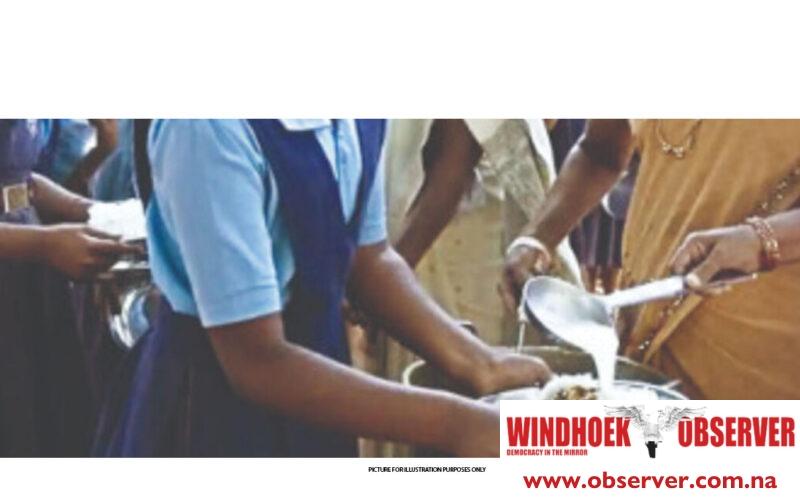Hertta-Maria Amutenja
The Ministry of Education, Arts and Culture (MOEAC) has recently procured a substantial food supply valued at N$2.7 billion.
This is according to the Acting Executive Director Knox Otto Imbuwa, who said the procurement is aimed at supplying all government school hostels and supporting the school feeding program across primary schools throughout the country for a multi-year period of 36 months.
Imbuwa also stated that as part of the ministry’s strategy to address classroom shortage in the country, it has contracted August 26 Construction Company to build 510 classrooms and 74 absolution facilities across the country at a total cost of N$255,411,834.65. With the agreement outlining that the company will construct and hand over the facilities within four months starting in June 2023.
This procurement drive comes in response to the national discourse following the release of the 2022 Namibia Senior Secondary Certificate Ordinary (NSSCO) and Higher (NSSCH) level examination results earlier this year.
Public criticism attributed the disappointing results to a lack of adequate and suitable teaching and learning facilities.
The concerns over education quality have sparked debates across various platforms, underscoring the urgent need for infrastructure development in the education sector.
In light of the criticism, the Ministry compiled a comprehensive report outlining the causes and contributing factors to the unsatisfactory academic performance.
“The comprehensive report, submitted to His Excellency President Hage Geingob, outlines the causes and factors that contributed to the undesirable state of affairs concerning the unsatisfactory performance of learners,” stated Imbuwa.
He noted that the report highlighted the perpetual inadequacy of educational infrastructures, mainly the lack of classrooms and the aging school infrastructures, as key contributors to the weak performance of learners and the overcrowding in most schools across the country.
Imbuwa also stated that the report was favourably received by President Hage Geingob, prompting immediate action towards accelerating school infrastructure development.
He added that the ministry envisions further utilisation of the approach in the short term to expedite infrastructure development while considering the Open National Bidding method for medium to long-term needs.
Moreover, the ministry clarified concerns raised by the Construction Industries Federation of Namibia regarding the involvement of Namibian contractors.
Imbuwa emphasised that the ministry’s procurement processes adhere to the Public Procurement Act, ensuring fairness and compliance in awarding contracts.




